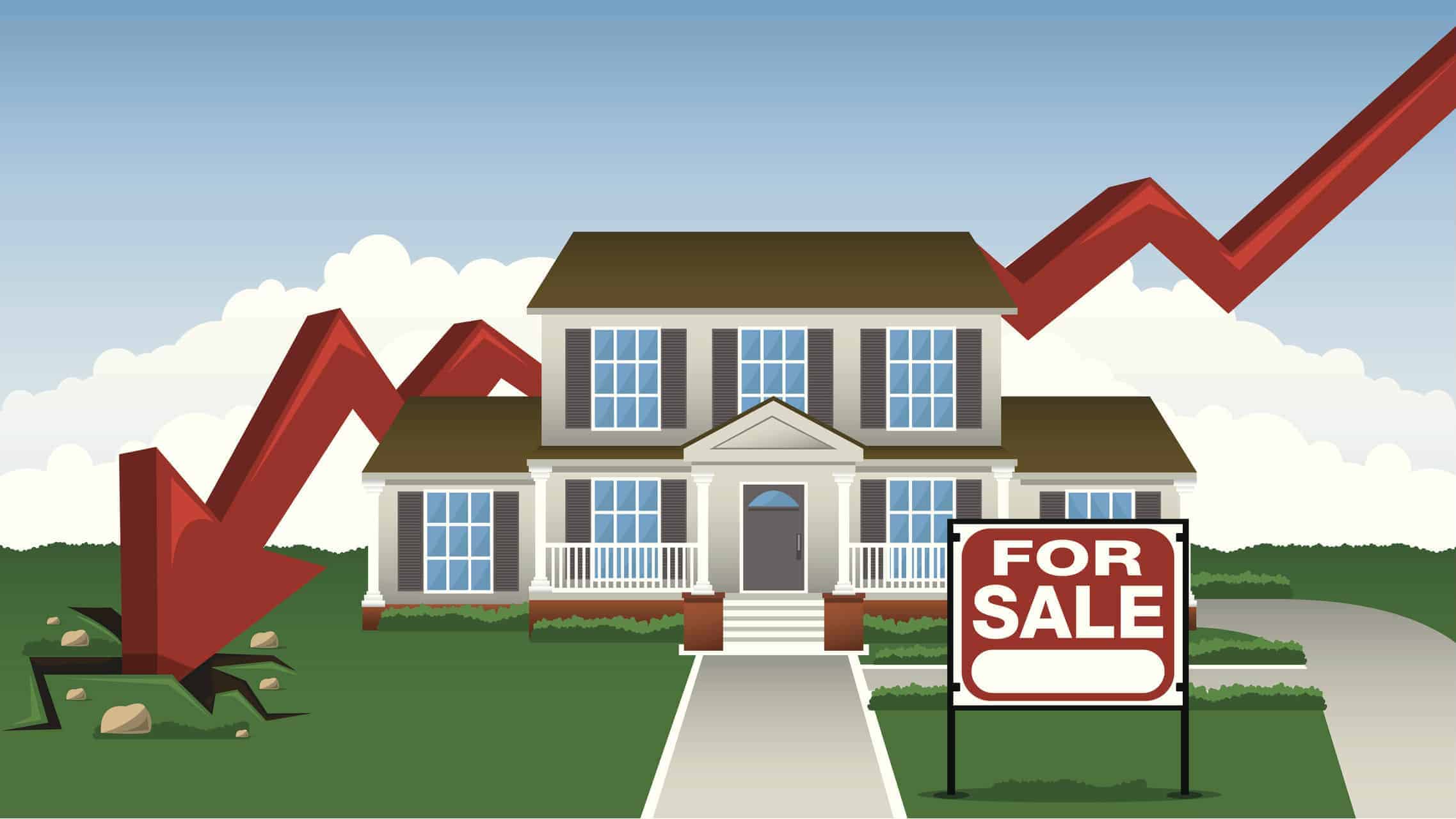Australia’s Property Downturn Has Declined Wealth Drop – Highest In 7 Years

Australia has seen a decline in the stock market and property market and has affected the biggest decline in household wealth in 7 years, and the central bank is forced to cut interest rates.
There was a decline of 2.1 percent in the household wealth in the last quarter of the year 2019 which was the largest drop since the year 2011 third quarter as mentioned by the statistics bureau of Sydney on Thursday. The downturn was mostly due to the declining rates of property and land value straight for the fourth quarter and the stock market also lost due to financial assets as pension funds were hit. Household Wealth dropped continuously for the second consecutive quarter by $10,198 to $404,320.
The housing sector continues to slump, but the share market has slowly regained since the fourth quarter of December.
Australia is slowly shifting from its traditional wealth generation method and providing support to buy a house and also inflating away debt through wage hike and the increasing rate of property value. On the contrary, the asset deflation is increasing the debt ratio in spite of controlling mortgage debt as a share of residential land and curbing lending the house rates increased to 28.3 percent, which is the highest since four years. This shows that the debt from home loans increased than the value of the home owned.
RBA Chief Philip Lowe changed deferred and was concerned that the decreasing wealth will make the families lower their spending rates. The second half of the year 2018 we could see that the economy slowed down due to the lower expenditure level which usually would be 60 percent of GDP.
The date published on Thursday augments the necessity to provide tax relief, and extra spending is expected in the coming week’s federal budget. The ASX 200 shed 9.1% during the December quarter. Home prices also decreased by 2.4 percent across Australia’s important cities which is the largest slump since it started from the year 2003 as recorded by ABC Residential Property Price Index.
Retail sales increased by just 0.1% in January and new car sales also decreased when compared to the year 2018. The job data remained flexible, and some labor market indicates that hiring might slow down and unemployment might also increase.
The RBA will announce its April interest rate decision, and the Australian Treasurer Josh Frydenberg will present the budget for the first time on Tuesday.
Lisa holds a degree in Mass Communications. Lisa has provided her services independently and through the online platform and likes to write on ETF related news articles. Her educational background has given her a broad base from which to approach many topics. Apart from writing you can see Lisa keeping herself busy with gardening.









